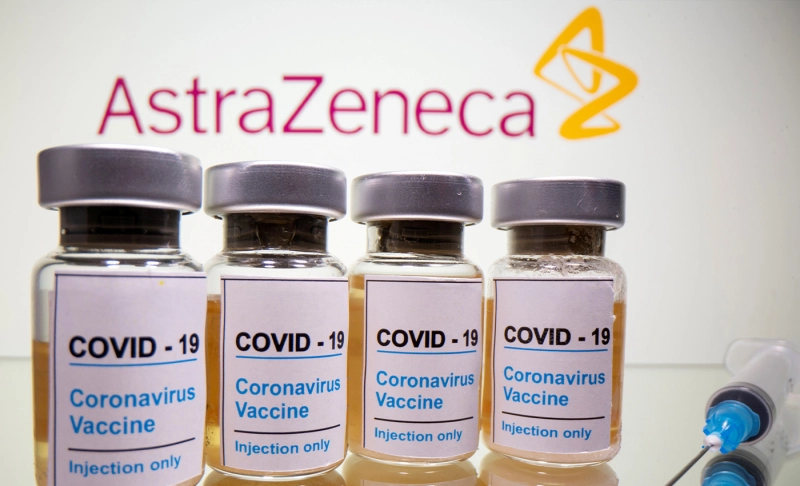By: Rachel Muller-Heyndyk
January 29 2021
True: Oxford reversed its decision to open-license the Covid-19 vaccine.

The Verdict True
Oxford University had initially planned to provide non exclusive contracts for the vaccine before signing a deal with AstraZeneca.
Oxford University had initially planned to provide non exclusive contracts for the vaccine before signing a deal with AstraZeneca.KCN, a media outlet run by the Kaiser Health Foundation, reported in August 2020 that Oxford University had gone back on its plans to provide open source licensing for the vaccine. Oxford University had announced in early 2020 that its default position would be to offer non-exclusive licenses to organizations wishing to access the vaccine, in order to make it as widely available and inexpensive as possible. However, in May 2020, Oxford Unversity appeared to go back on this decision. It announced that it had signed an exclusive deal with AstraZeneca. KHN notes that the Bill and Melinda Gates Foundation had been influential in persuading Oxford to change its plans. An interview in Bloomberg with Sarah Gilbert, the professor of vaccinology at The University of Oxford who designed the vaccine, confirmed that Oxford researchers reluctantly agreed to a deal with AstraZeneca, following a call with the Foundation. Gilbert recounts that the team was urgently trying to secure more funds to accelerate the vaccine's roll-out and had spoken to several potential partners. Following the ten-day negotiation, AstraZeneca had pledged that they would make the vaccine available for "a few dollars" per dose. The UK government provided £65 million in funding towards accelerating vaccine research. Bill Gates had told reporters in June, “We went to Oxford and said, you are doing brilliant work. You really need to team up, and we told them a list of people to go and talk to," according to Bloomberg. The move provoked criticism from public health campaigners who saw it as a missed opportunity to "change the economics of vaccine development", as the price of the vaccine became the decision of drug companies. "It is business as usual, where the manufacturers are getting exclusive rights, and we are hoping on the basis of public sentiment that they will price their products responsibly," Ameet Sarpatwari, an epidemiologist and lawyer at Harvard Medical School, told KHN. KHN notes that AstraZeneca made a profit, as its stock and options owned by CEO Pascal Soriot increased by nearly $15 million in value since early April, according to calculations by KHN based on company records. Oxford University indeed changed its initial plans on providing exclusive contracts for the vaccine as researchers required more funds to accelerate the development of the vaccine. The COVID-19 pandemic has given rise to a lot of potentially dangerous misinformation. For reliable advice on COVID-19 including symptoms, prevention and available treatment, please refer to the World Health Organisation or your national healthcare authority.


